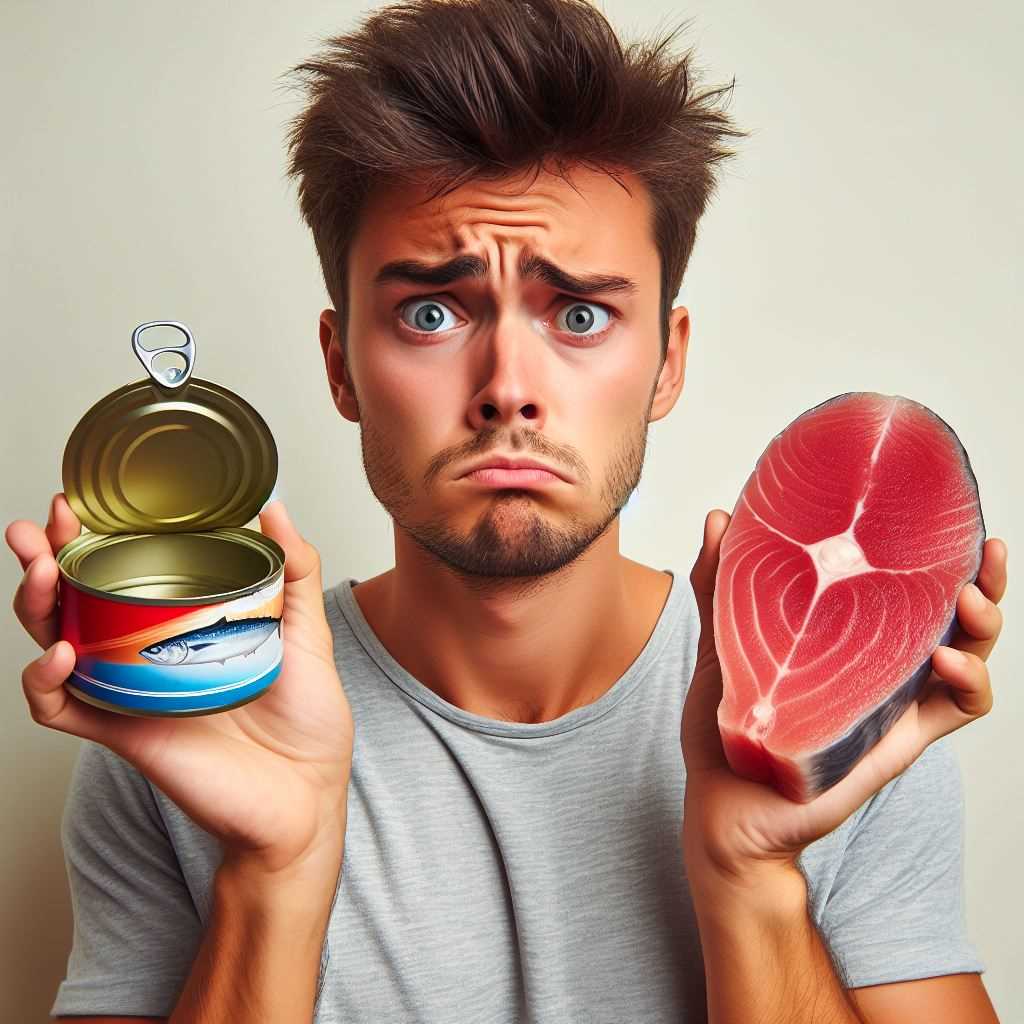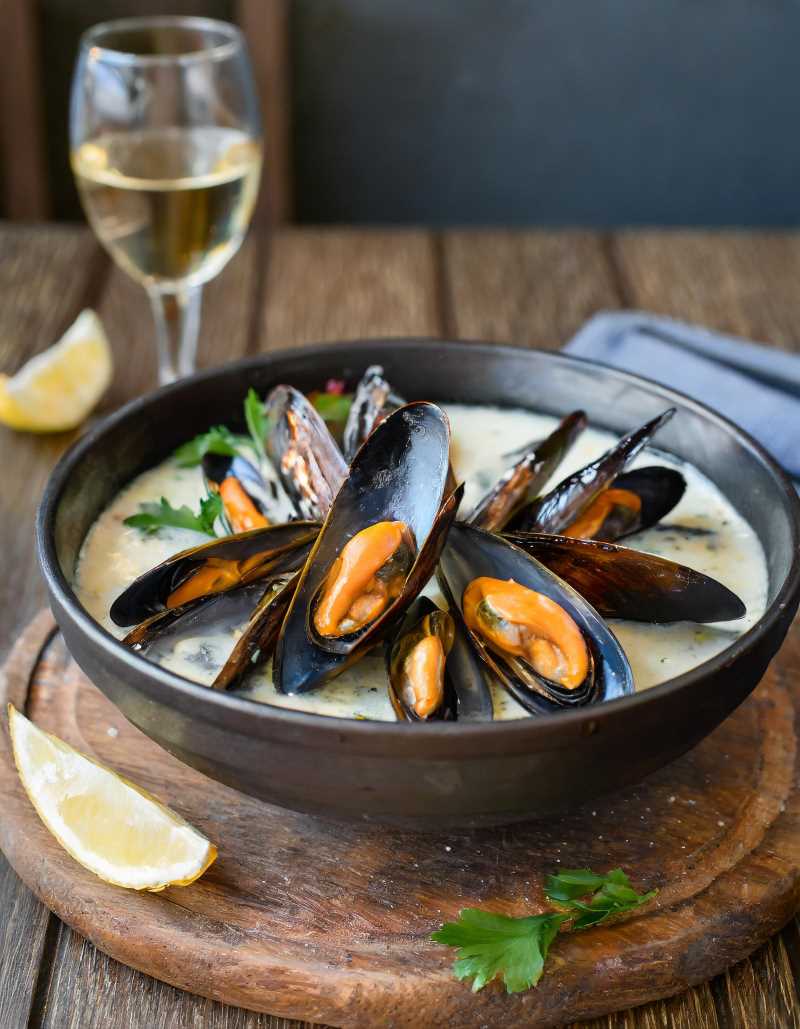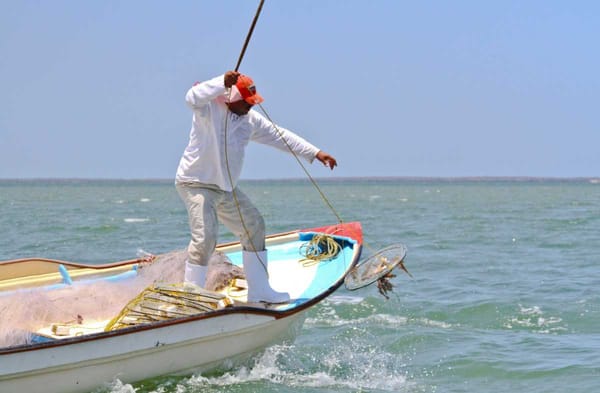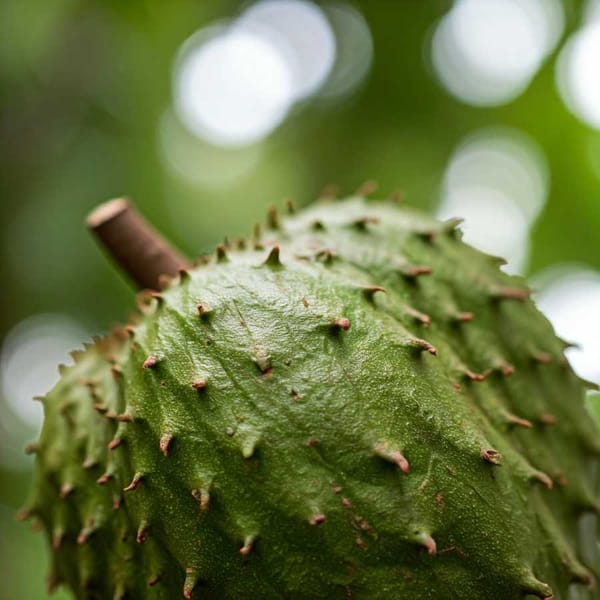The Dirty Secrets of Farmed Fish (And Some Good News Too)
Consumer demand for sustainable seafood is growing due to increased awareness of the environmental impact of our food choices.

Everyone's obsessed with eating local, organic, and generally being kinder to Mother Earth with their grocery choices. After all, we want those tasty meals on our plates for eons to come (fish on a desolate planet sounds about as fun as tofu surprise). But does “eco-friendly” always mean “healthy-for-me”?
Turns out, the answer gets fishy — literally. It's the classic standoff… farmed vs. wild salmon. Like feuding rockstars, they've got reputations. Farmed salmon is the villain for environmentalists; those open-net systems are basically underwater pollution parties, complete with escaped fish disrupting nearby ecosystems. It's a marine mosh pit with no good playlist.
Nutritionally, wild salmon's the winner by a finslide. Leaner, packed with vitamins, and sporting that all-natural glow from an honest diet of shrimp and krill (sounds fancy). Meanwhile, farmed salmon is bulking up on questionable fish-food pellets. Some folks swear these make for more omega-3 fats, but also more lingering toxins like PCBs (old industrial chemicals that refuse to let the 1970s go).
So, is wild salmon a must? It's the top choice, but let's be honest, that price tag could finance a small yacht. Many experts say a little dose of farmed salmon isn't the end of the world; you're still getting good stuff. Here's the deal: a little awareness goes a long way. We're not saying ditch fish altogether if you can't always afford the wilderness-edition salmon. Think of it as an act of balance instead of a culinary ultimatum.
- Do Some Digging: There ARE responsibly farmed salmon operations. Look 'em up.
- Mix It Up: Other fish offer awesome nutrients too. Don't let the salmon have all the fun.
- Treat it Like a Treat: Wild salmon can be a celebratory choice, adding that extra mindful touch.
The big takeaway? We CAN make eco-conscious food choices without breaking the bank or ditching all the flavors we love. Every sustainable swap makes a difference. The planet (and your taste buds) will thank you.

Is Your Tuna Sustainable?
While everyone’s arguing about farmed salmon vs. wild, tuna sneaks under the radar. These fellas ain't into farming, not when there's a whole ocean to rule! Think about it – have you ever seen a giant tuna pen? They'd probably break through it faster than you can say, “Sushi!”
But not all tuna are created equal. You've got your bluefin (the luxury option that's sadly endangered), your skipjack (the canned kind), and a whole bunch in between. Then there's the debate over fishing methods – are we talking sustainable pole-and-line fishing or destructive nets that snag everything? Sustainable seafood guides try to help, but even they’re left scratching their heads sporadically.
On the plus side, those magnificent tuna are swimming bundles of omega-3 fatty acids, those heart-healthy wonders! They've got protein, potassium, and selenium going for them too. But there's a catch (literally). Since tuna are big predators, they might come with extra souvenir mercury. Pregnant women and kids should play it safe and limit their tuna intake.
Here's a curveball that flips the script: canned tuna is totally cool with lower mercury levels. Turns out those canned varieties are the young whippersnappers of the sea! Less time in the ocean means less time chomping on stuff that’s already contaminated.
Whew, feeling dizzy from all that tuna talk? Well, here's a simple solution: just eat smaller fish! Sardines and mackerel give you the same omega-3 punch without the mercury baggage or sustainability dramas. Plus, they're way less likely to give you nightmares of giant tuna escaping their farm pens and coming for revenge. Next time you're craving that omega-3 kick, think outside the tuna can. Your heart, your brain, and maybe even those giant tuna will thank you.

Why Shellfish Deserve Your Attention
When it comes to oysters, mussels, clams, and scallops, opting for farmed versions might be the smarter choice. It sounds fishy, we know, but hear us out:
- Shellfish: Nature's Vacuum Cleaners: Unlike some types of fish farms, shellfish operations are basically a win-win for the environment. These little guys gobble up algae and pollutants, actually improving water quality! Who needs fancy filters when you've got a hungry army of clams?
- Small Shellfish, Big Nutrition: We tend to focus on fish as the healthiest seafood, but let's give shellfish some love. They're lean protein powerhouses and bursting with minerals like iron and zinc. Oysters have THREE times the iron of beef – who needs spinach when you've got the sea?
- The Wild vs. Farmed Debate: So, are wild shellfish healthier? The jury's still out with limited data. In one case, wild Eastern oysters beat out farmed ones in some nutrients. It seems you might have to pick your priority – a healthier planet or a slightly healthier you.
- Don't Forget Your Personal Plate Politics: Of course, sustainability and nutrition aren't everything. Your budget, where you live, and good old-fashioned taste buds get a vote too. The key is to be informed. You're the captain of your dinner plate.
Farmed shellfish offer a tasty, eco-friendly alternative to their wild cousins. While wild options might have a slight nutritional edge in some cases, the sustainability benefits are huge. The best part? You're supporting a way of farming that can give back to our oceans instead of just taking from them. So go ahead, dig into those mussels and slurp those oysters without a side of guilt – you're making a difference, one delicious bite at a time.




